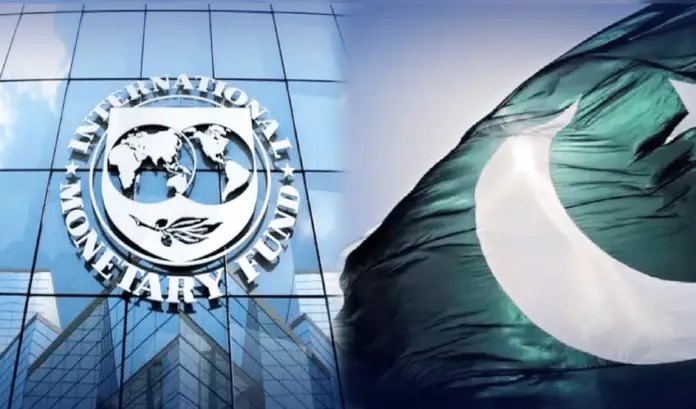In a bid to secure the final tranche of the International Monetary Fund (IMF) program, discussions are underway regarding measures proposed by the IMF to bolster the economy. Among these recommendations is the restoration of an 18% General Sales Tax (GST) on petrol, a move that could have significant implications for consumers.
Express News reports that the IMF has advised the government to reinstate the 18% GST on petrol, a levy that was abolished in March 2022. Additionally, the IMF proposes an increase in the levy on petrol to Rs 60 per litre.
The federal excise duty on petroleum products stood at 0.7% of GDP in fiscal year 2023, with excise on other items accounting for 0.4% of GDP, primarily derived from federal excise duty on cigarettes. Changes in the Petroleum Development Levy (PDL) have been frequent in recent years, with a substantial increase noted in FY 2023. From a rate of Rs 20 per litre in July 2022, the Petroleum Development Levy on petrol surged to Rs 50 per litre in November 2022 and further escalated to Rs 60 per litre by September 2023.
The IMF’s proposals extend beyond petroleum products, suggesting the imposition of a Petroleum Development Levy (PDL) on polluting machinery, irrespective of whether the project is indigenous or non-indigenous. Furthermore, there are recommendations to gradually increase excise duty on domestically manufactured luxury goods, such as yachts, aimed at curbing the illegal supply of oil by-products from sensitive areas.
In a move to standardize taxation, the IMF advocates for the application of the same rate of Federal Excise Duty (FED) on domestically produced cigarettes, with e-cigarettes proposed to be taxed at a level equivalent to domestic cigarettes.







